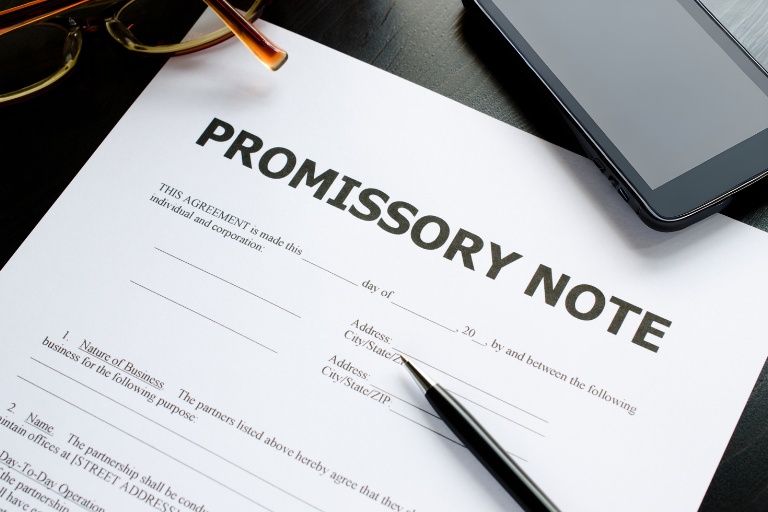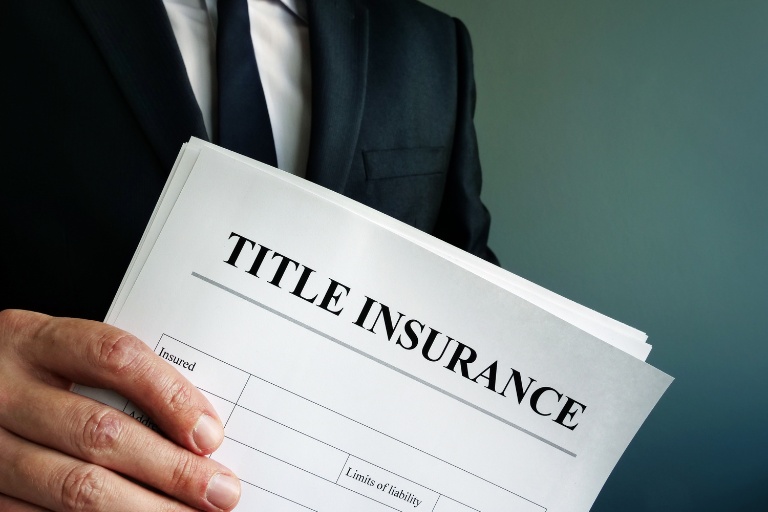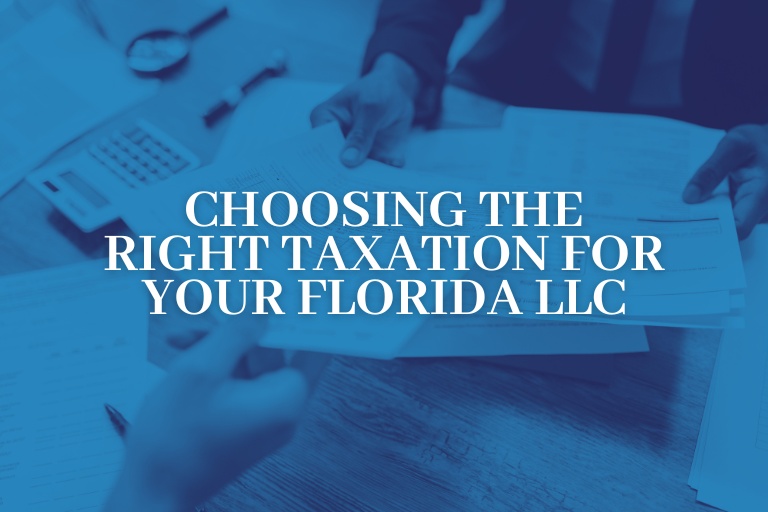From Estate Planning to Business Law, Asset Protection to Real Estate, and Tax Planning to Compliance—your future, safeguarded from every angle.
When Lending Goes Wrong: Why a Promissory Note Alone May Not Protect You in Real Estate Investments

Table of Contents
And How We Helped Our Client Recover—and Protect Future Transactions
By Bianchi Fasani Green Law PLLC – Real Estate and Transaction Attorneys in Miami, Florida
The Client’s Story: A Real Estate Loan Gone Wrong
A client recently approached Bianchi Fasani Green Law PLLC after facing a stressful and all-too-common situation: he had loaned over $200,000 to an individual to fund a real estate deal in Miami, relying solely on a promissory note—with no mortgage, lien, or recorded security.
At the time, the deal sounded promising. The borrower planned to use the funds to renovate and flip a residential property in South Florida. The promissory note included repayment terms, interest, and even a default provision. However, the note was not secured by the property.
Months passed. The real estate deal stalled. Communication with the borrower became sporadic, and no payments were made. The property was eventually sold—but our client saw none of the proceeds. Why? Because he had no legal claim or lien recorded against the property.
Unfortunately, this scenario is more common than most lenders realize. And it highlights the importance of structuring these transactions with proper legal protections, especially in a competitive market like Florida.
What Is a Promissory Note?
A promissory note is a legal document in which one party (the borrower) agrees to repay a certain sum of money to another party (the lender) under specified terms. It may include:
- Principal amount
- Interest rate
- Payment schedule
- Maturity date
- Late fees or penalties
While a promissory note is enforceable in court, on its own it does not give the lender any collateral rights. That means the lender must go through the courts to pursue repayment—and cannot automatically recover funds through asset sales or foreclosures.
Unsecured vs. Secured Promissory Notes: What’s the Difference?
There are two main types of promissory notes:
🔓 Unsecured Note
An unsecured promissory note is simply a personal promise to repay. It does not include any collateral. If the borrower defaults, the lender must sue in court, obtain a judgment, and try to collect from the borrower’s general assets.
➡️ This was the situation our client was in.
🔐 Secured Note
A secured note, by contrast, is backed by specific collateral, such as real estate, vehicles, or business equipment. If the borrower defaults, the lender can foreclose on the collateral to recover the debt—without first having to sue.
In real estate lending, this typically means drafting a note + mortgage or note + security deed, with the mortgage recorded in the public records of the county where the property is located.
What Happens When You Lend Money Without Security
In Florida, unsecured loans carry substantial risk—particularly when used to finance real estate transactions. Here’s why:
- The lender has no automatic claim to the property or project being funded
- If the borrower sells the property, the lender’s interests are not protected
- If the borrower declares bankruptcy, the loan becomes part of unsecured creditor claims, often paid last
- The lender’s only recourse is litigation, which is time-consuming and costly
This is exactly what happened to our client. Although he had a written note, the borrower used the property proceeds to pay off other obligations—and the client was left with no leverage to demand repayment.
How a Secured Promissory Note Could Have Protected the Client
Had the original transaction included a secured promissory note and a properly recorded mortgage, the outcome would have been very different.
A secured note would have allowed our client to:
✅ Record a lien against the property in Miami-Dade County
✅ Block the sale of the property until the loan was satisfied
✅ Foreclose on the property in case of default
✅ Recover proceeds from a sale as a lienholder, with priority over unsecured claims
In essence, a secured loan transforms the lender from a passive creditor into a priority claimant with real power.
Recording a Mortgage or Security Instrument in Florida
In Florida, to properly secure a loan for a real estate transaction, the following steps are typically required:
- Draft a promissory note that outlines repayment terms
- Prepare a mortgage or security agreement referencing the real property
- Execute both documents, ideally with notarization and witness signatures
- Record the mortgage in the public records of the county where the property is located (e.g., Miami-Dade, Broward, Palm Beach)
Recording the mortgage is essential. Without recording, the lender’s interest is not perfected, and future buyers or creditors may take precedence.
How We Assist Clients with Structuring Secured Loans
At Bianchi Fasani Green Law, we regularly assist private individuals, real estate investors, and business partners with:
- Drafting clear, enforceable promissory notes
- Preparing mortgages or other security instruments that protect the lender’s interests
- Recording liens and mortgages in the appropriate Florida county
- Advising on priority of liens, title searches, and risk management
- Structuring installment payments, interest provisions, default clauses, and personal guarantees
Whether you’re lending $50,000 or $5 million, we help structure the transaction to protect you from day one—not just when something goes wrong.
Avoiding Mistakes in Private Lending Transactions
Our client’s story is far from rare. In a booming real estate market like Miami, friends, family, and business associates often enter into informal loan arrangements—believing a handshake or basic promissory note will suffice.
Common mistakes include:
🚫 Failing to secure the loan with collateral
🚫 Not recording a mortgage or lien in public records
🚫 Accepting vague or incomplete repayment terms
🚫 Overlooking title issues or prior liens on the property
🚫 Assuming trust will replace proper documentation
As legal counsel, our role is not only to enforce agreements after a problem arises—but to structure transactions proactively to avoid those problems altogether.
We Help Protect Lenders in Miami and Throughout Florida
If you’re thinking of loaning money for a real estate deal in Miami, Key Biscayne, or anywhere in Florida, don’t leave your investment exposed.
At Bianchi Fasani Green Law PLLC, we help individuals and entities:
✅ Secure their loans with real estate or other assets
✅ Reduce the risk of default or non-payment
✅ Gain leverage through recorded liens or mortgages
✅ Avoid costly litigation by planning properly from the start
Whether you’re a private lender, a real estate investor, or a family member helping someone buy a home, our attorneys can ensure your interests are legally protected.
Protect Your Investment—Before It’s Too Late
Our client came to us after the fact—and while we’ve helped him pursue recovery, his experience is a lesson in why secured lending is essential in Florida real estate.
If you’re considering a similar transaction, consult with us first. We’ll draft and record all the documents you need to:
- Protect your capital
- Control your risk
- Preserve your legal rights
📲 Schedule a consultation today at bfg.law










